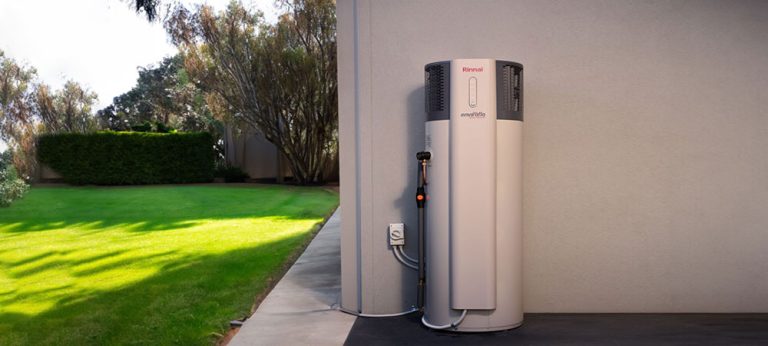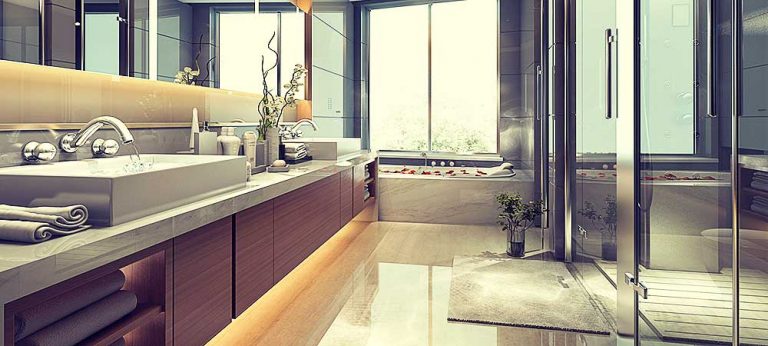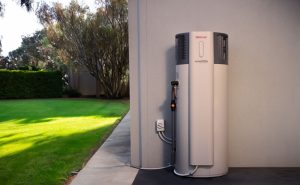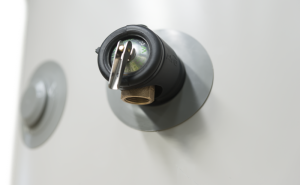Summary of Heat Pump Systems
The information from the Energy.gov website provides a comprehensive overview of heat pump hot water systems . Heat pumps are an energy-efficient alternative to traditional furnaces and air conditioners, suitable for all climates. They work by transferring heat from a cool space to a warm space, using electricity. This process is reversible, allowing heat pumps to provide heating in winter and cooling in summer.
Types of Heat Pumps
- Ducted Air-Source Heat Pumps: These are the most common and include air-to-air, water source, and geothermal types. They transfer heat from the air, water, or ground outside your home into the inside.
- Ductless Air-Source Heat Pumps (Mini-Split Heat Pumps): Suitable for homes without ducts, these provide a flexible heating and cooling solution.
- Geothermal Heat Pumps: These use the ground or water source to transfer heat, offering higher efficiencies and lower operating costs.
- Absorption Heat Pumps (AHP): A newer type, these use heat or thermal energy (like natural gas or solar-heated water) as their energy source.
Advantages of Heat Pumps
- Energy Efficiency: Can reduce electricity use for heating by approximately 65% compared to electric resistance heating.
- Cost-Effectiveness: Though more expensive to install, they have low operating costs, especially geothermal heat pumps.
- Environmental Impact: They use renewable sources (like ground or air) and are more efficient, reducing carbon footprint.
Advanced Features
- Two-Speed Compressors: Reduce energy use by adjusting the heating or cooling capacity needed.
- Variable-Speed Motors: Provide comfortable air velocity and reduce energy use.
- Desuperheater: Recovers waste heat to efficiently heat water.
- Scroll Compressor: Offers a longer life and quieter operation, providing warmer air in heating mode.
Comparison with Instant Hot Water Heaters
To compare heat pumps with instant hot water heaters, we need to consider:
- Instant Hot Water Heaters: Typically use gas or electricity to heat water on demand, offering high efficiency and reducing standby energy losses. They are generally less expensive to install but might have higher operating costs depending on the energy source.
Thought-Provoking Questions
- Energy Source and Efficiency: How do the energy sources and efficiency of heat pumps compare to those of instant hot water heaters, especially in different climates?
- Long-Term Savings: Considering the initial higher installation cost of heat pumps, how do long-term savings compare to the ongoing operating costs of instant hot water heaters?
- Environmental Considerations: Which system has a lower environmental impact, especially in terms of carbon emissions and reliance on renewable energy sources?
For a more direct comparison with instant hot water heaters, additional research focusing specifically on these heaters would be beneficial.
20 FAQs About Heat Pump Hot Water Systems
What are heat-pump hot water systems and how do they work?
Heat-pump hot water systems use a refrigeration cycle to extract heat from the surrounding air, transferring it to water in an insulated storage cylinder. They are similar to reverse-cycle air conditioners but heat water instead of air. Source
How much electricity do heat-pump hot water systems use compared to conventional systems?
These systems typically use around 60 to 75% less electricity than conventional electric hot water systems.
Can heat-pump hot water systems be considered a type of solar water heater?
Yes, they can be thought of as a type of solar water heater since the heat in the air ultimately comes from the sun.
What are the installation requirements for heat-pump hot water systems?
They should be installed in a well-ventilated area for access to a steady stream of ambient air. The noise level should also be considered during installation.
How do noise levels of heat-pump hot water systems compare to other systems?
They have a fan and compressor that make noise when operating, similar to air conditioners.
What are the different types of heat-pump hot water systems available?
There are integrated and split systems. Integrated systems have the heat pump mounted on the storage cylinder, while split systems have separate units for the evaporator, fan, and compressor.
How do heat losses in heat-pump water heaters affect their efficiency?
Heat losses occur through the cylinder walls, known as “standing losses,” which means energy is used even if no hot water is consumed.
Is it beneficial to use off-peak electricity tariffs with heat-pump hot water systems?
Yes, especially if the system is sized correctly to meet daily needs with overnight heating.
What is the reheat rate of heat-pump hot water systems in cold climates?
The reheat rate is slower in colder climates and is affected by the system design, ambient air temperature, and humidity.
How can the use of timers in heat-pump systems enhance their efficiency?
Timers can control when the system operates, which is useful for integrating with solar photovoltaic systems to use electricity generated by the sun.
What are the running costs of heat-pump hot water systems compared to electric storage systems?
Heat-pump systems are more cost-effective as they use less electricity, only powering the compressor and fan.
What conditions are most suitable for the efficient operation of heat-pump systems?
They operate more efficiently and heat water more quickly in environments with higher outside air temperatures.
Are there any government incentives for installing heat-pump hot water systems?
Yes, programs like the Solar Victoria solar hot water rebate and the Victorian Energy Upgrades scheme offer discounts.
What are the disadvantages of a heat pump hot water system?
Disadvantages include higher upfront costs, potential noise during operation, and reduced efficiency in colder climates.
Do heat pump hot water systems run out of hot water?
If not sized correctly, especially when used with off-peak tariffs, they might not meet the daily hot water demand.
How many years can a heat pump last?
The longevity of a heat pump varies based on the model and maintenance, but they generally have a long lifespan.
What is the best heat pump to buy in Australia?
The Rinnai Enviroflo Heat Pump V2 is highly recommended for its efficiency and suitability for Australian conditions. Source
Is a heat pump better than instant electric hot water?
Heat pumps are more energy-efficient and environmentally friendly but may have higher upfront costs and are less effective in colder climates compared to instant electric hot water systems.
What are the advantages and disadvantages of heat pump hot water systems?
Advantages include energy efficiency, lower running costs, and reduced greenhouse gas emissions. Disadvantages involve higher purchase costs, noise, and the need for a ventilated space.
How do heat pump hot water systems compare in terms of energy efficiency and greenhouse gas emissions?
They are more energy-efficient and have lower greenhouse gas emissions compared to traditional electric hot water systems.
For more detailed information, please refer to the Sustainability Victoria website.









